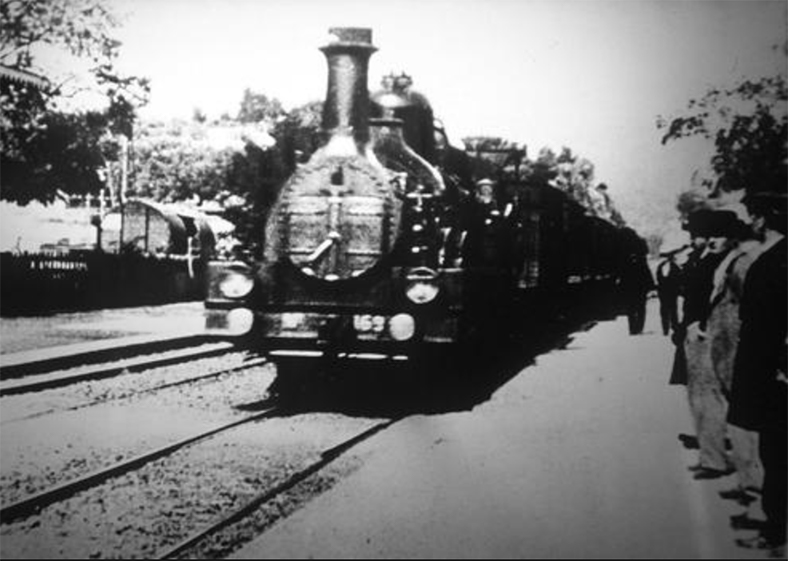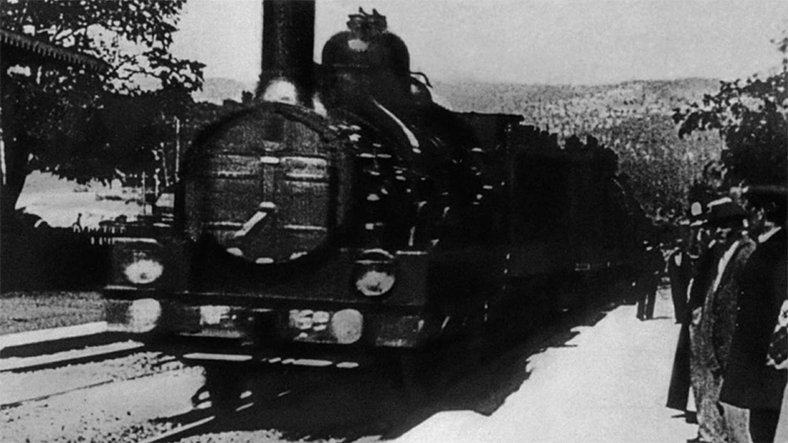L'Arrivée d's train en gare de La Ciotat is one of the oldest films in the history of cinema. The film, shot by French filmmakers Auguste and Louis Lumière, was released in 1896 . The film's screening in 1896 for money is considered the birth of the movie industry.
L'Arrivée d's train en gare de La Ciotat is a 50-second, silent black-and-white film. One of the most surprising developments of his period can be said for the film. However, time is changing and technology is advancing. Although the Lumière brothers' movie was considered a masterpiece at the time, it is a fuzzy old film today. A man named Denis Shiryaev used machine learning techniques to upgrade the Lumière brothers' classic movie to the 21st century video standards .
The results of the movie published in 1896 to make the video quality with machine learning are surprising. In the revised version of the film, with machine learning, all the details can be selected easily. The train, the faces and clothes of the people at the station can be chosen easily.

So how did the nostalgic movie come from this state? Denis Shiryaev says she used commercial image editing software called Gigapixel AI to make the movie this way . Developed by Topaz Labs, Gigapixel AI allows users to improve images up to 600 percent.
As the name suggests, Gigapixel AI has artificial intelligence software and artificial neural networks. These neural networks have mathematical functions that convert an input value into an output value. The main feature of these neural networks using machine learning should be trainable. If you have a known input sample for a group of correct outputs, the neural network can start generating correct answers.
To train machine learning , you need to have a sample database where the correct answer is already known . Artificial intelligence developers sometimes use the samples produced by people who do this work, while sometimes they produce these correct answers manually. There is a shortcut to give higher resolutions to images: You start with high-resolution images and continue with sub-examples. In this way, high-resolution images are output while low-resolution images are output.

After increasing the resolution of the videos, the current step will be to color the videos with artificial intelligence . Artificial intelligence will enable the coloring of videos using the same basic technique.